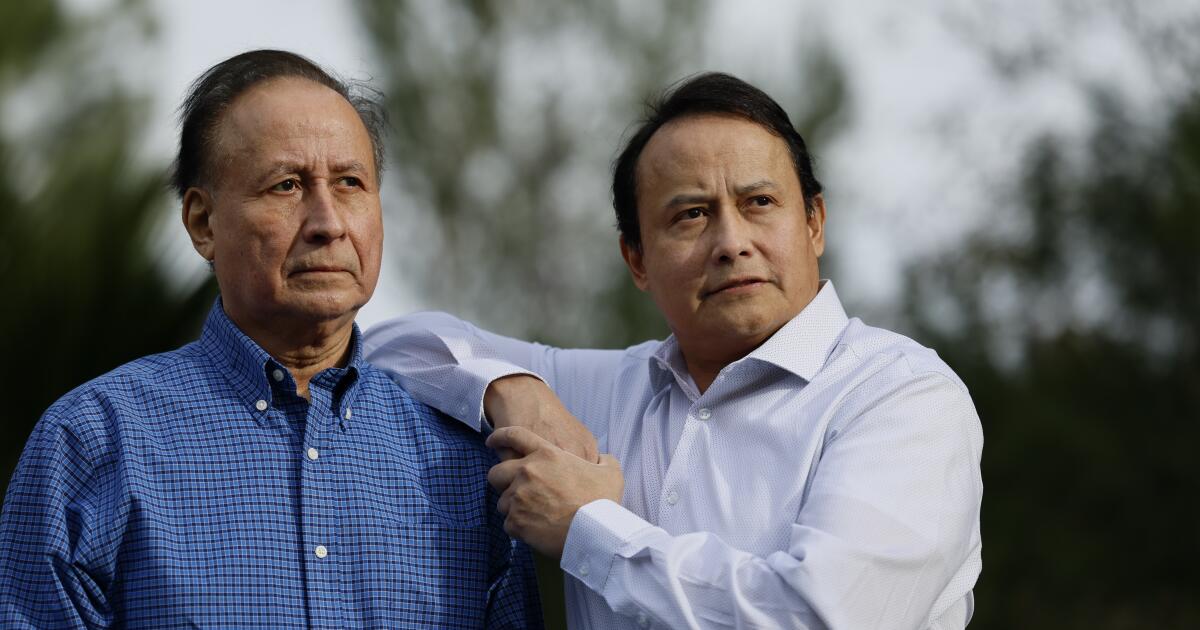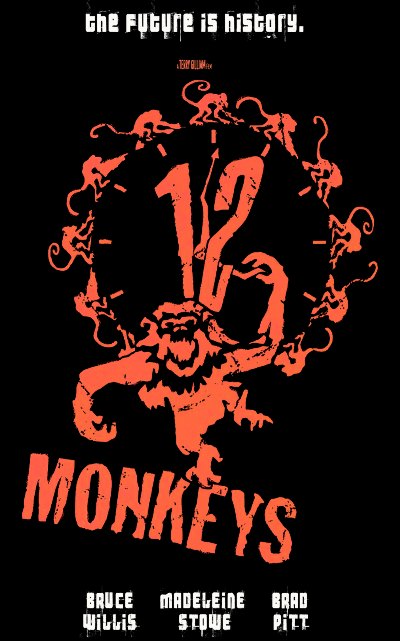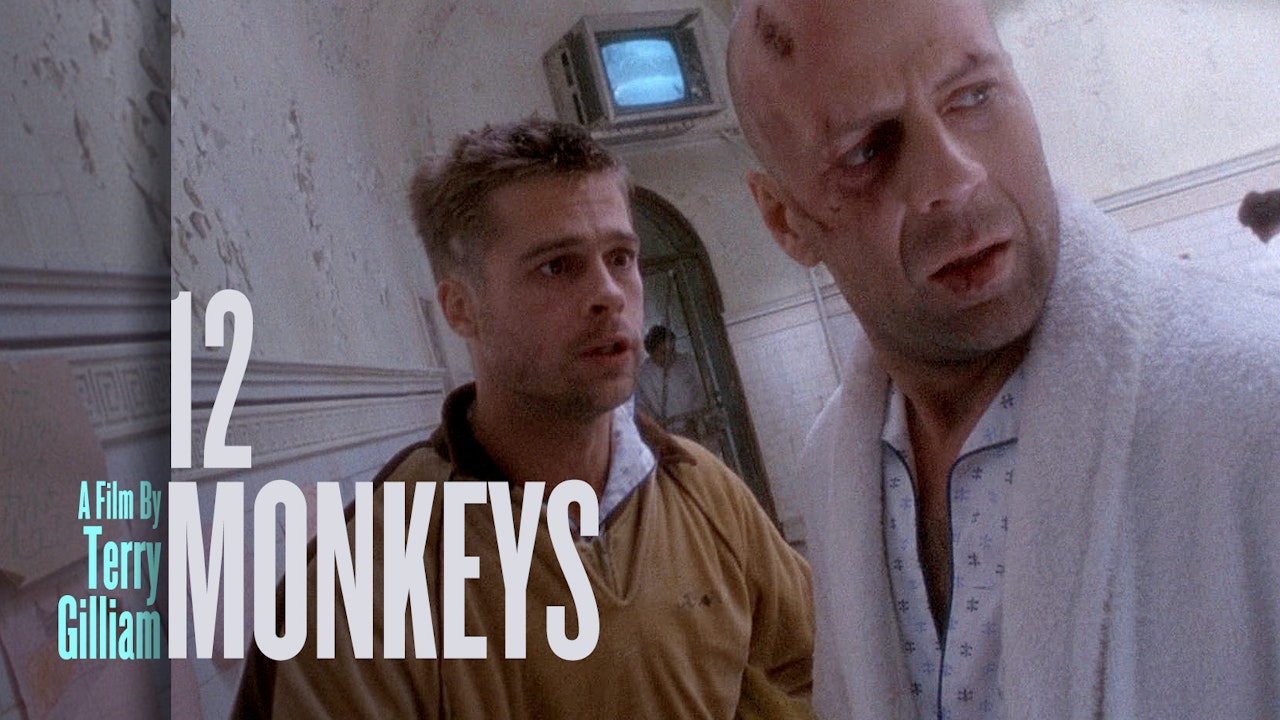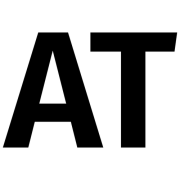December 30 Update: Rethinking Police Interrogations; Intel Chiefs Pan Mossad Pager Attack; Family Demands FBI Investigate OpenAI Whistleblower's Death; Tooze on US-China, AI, Theories of History

Tomorrow's sunset will mark the end of the hottest year on record, a mark certain to be eclipsed in 366 days and so on and so on. We're changing our one and only home planet in frightening and unpredictable ways - for instance, more than three-quarters of Earth's land has dried out over the past thirty years, raising the spectre of widespread agricultural failure and more frequent power shortages in countries where hydroelectric generation is already starting to falter.
I'm working on a summary piece about the NYPD's abject state of affairs for tomorrow. Too much of the department's dysfunction is treated as a fact of life by New York City's institutions (government, media, civil society), and there's a through-line here about the new Gilded Age that we're living through.
That said, I'm not going to make this a "look at all the things I did" post to close out the year. If you're interested, here's some work I did on 764 and prison radicalization. To be truthful, Bleeding Edge is one of my favorite projects of 2024. I undertook it on a lark to have an outlet to publish the material I couldn't get in print or didn't want to wait for editors to comb through, as well as play around with a few different formats. There's a lot of writing on here that I'm quite proud of: breaking news of Oakland PD's coverup of a homicide cop's pattern of suborning perjury to secure murder convictions, delving into a longtime FBI informant's pattern of extremist propagandizing and influence (later turned into a WIRED article); and last month's exploration of New York City Police Commissioner Jessica Tisch's past with the NYPD's notorious intelligence unit and her family's prominent role in the Israeli Lobby.
A heartfelt thank you to all of you who subscribed to Bleeding Edge, chose to support my work, and bear with my ramblings. My interests are a bit eclectic to say the least, as are the topics that interest me enough to actually dig in. There are some serious projects in the offing for 2025 - some longform, some longer-form, some audio-visual. I promise, they'll be anything but boring.
Happy New Year to you all.
Let's get to it.
BLEEDING EDGE JOURNALISM
-Water is wet, the sky is blue, cops lie to me and you. Even if lies during interrogations elicit false confessions and convictions (the former is the leading cause of the latter, something I wrote about as far back as 2012), the courts have set precedent absolving law enforcement of liability and backstopped the practice. However, a wave of overturned convictions in California is forcing a reckoning amongst cops and prosecutors who are split over whether to stick with the old, corrupt but legal practice of deceitful interrogations or to move towards a rapport-building model developed first by military intelligence (yes you heard that right). Anita Chabria and Jessica Garrison of the LA Times went long on this and came back with the goods.

-The September detonations of thousands of Hezbollah-issued pagers rigged with plastic explosives by Israel's Mossad sent shockwaves through the global intelligence community. It set off widespread concern that similar measures could be deployed against smartphones, tablets, laptops or any of the other myriad digital devices we all depend on, and demonstrated Israel's wanton disregard for civilian casualties that's quite well-established by the genocide underway in the Gaza Strip. Instead of doing what the NYT always does and cling to the Israelis' coattails, the Financial Times used its deep sourcing amongst the international intelligence community to gauge the broader reaction to 'Operation Grim Beeper', and found widespread revulsion and disdain. A choice quote: "'It was just the sort of operation the Russians would do,' said a former intelligence chief. 'I don't think any other western intelligence service would even consider that sort of operation, maiming thousands of people."

-Earlier this fall, a young ex-OpenAI employee went public with allegations about the high-flying artificial intelligence company that produced ChatGPT, claiming that it systematically and knowingly violated copyright law to harvest training data for its algorithm and intimidated employees from voicing concerns about the novel technology's development. On November 26, Suchir Balaji was found dead from a gunshot in his San Francisco apartment , in circumstances that the medical examiner quickly determined as suicide. This weekend, his parents called for the FBI to investigate his death as suspicious - they claim SFPD does not have sufficient independence from big tech's influence to conduct an independent review. It's one to watch, particularly as the artificial intelligence sector struggles with legal actions and open questions about the viability - and profitability - of its products.

-In something of a departure, the last item this week is a sprawling interview with historian and economist Adam Tooze. He's one of the sharpest observers of contemporary geopolitics we have left, and this is a meaty read that includes Tooze reconsidering the utility of his 'polycrisis' framework for understanding contemporary modes of governance as well as running the rule over the US-China relationship in depth, the meaning of artificial intelligence's ascent, and the nature of contemporary oligarchy. Worth your time.

BOOK OF THE WEEK - As hooked as the United States is on all sorts of drugs, two substances define our current addiction and overdose crisis above the rest: methamphetamine and fentanyl. Often done together, the synthetic stimulants are responsible for more than a third of all OD deaths in the country and lead what healthcare professionals describe as the 'fourth wave' of the overdose crisis.

Sam Quinones' devastating The Least of Us (2021) is the veteran journalist's second book about America's drug crisis (2014's Dreamland covered the proliferation of Mexican black tar heroin across the country). In minute detail and to heartrending effect, Quinones explains how methamphetamine and fentanyl came to dominate the illicit market throughout the U.S., from large cities to small Midwestern towns and shows how addiction tears apart families and communities. Abolitionists may take some issue with his view that jail does help addicts dry out and provides a structured environment for recovery, but it's food for thought. Particularly when some of the people pushing that approach...are the inmates themselves.
FILM - Gotta love a good pandemic freakout, and in my eyes there's none better than Terry Gilliam's hallucinatory 12 Monkeys , starring a peak Bruce Willis fresh off Pulp Fiction and the Die Hard franchise, and Brad Pitt right off scene-chewer in Se7en.

It's macabre, slightly off-beat post-apocalyptic thrills replete with time travel and a healthy dose of anti-corporate and pro-environment extremism that, let's face it, any good film needs. Up there with Brazil as one of Gilliam's best.

MUSIC - I'm pretty worn out, and have honestly been listening to the radio rather than taking the time to consciously pick out albums. So here's Johnny Cash's classic American III: Solitary Man (2000), which is the peak of his final career phase. Tom Petty made a surprising number of contributions here, in his typically self-effacing way.





